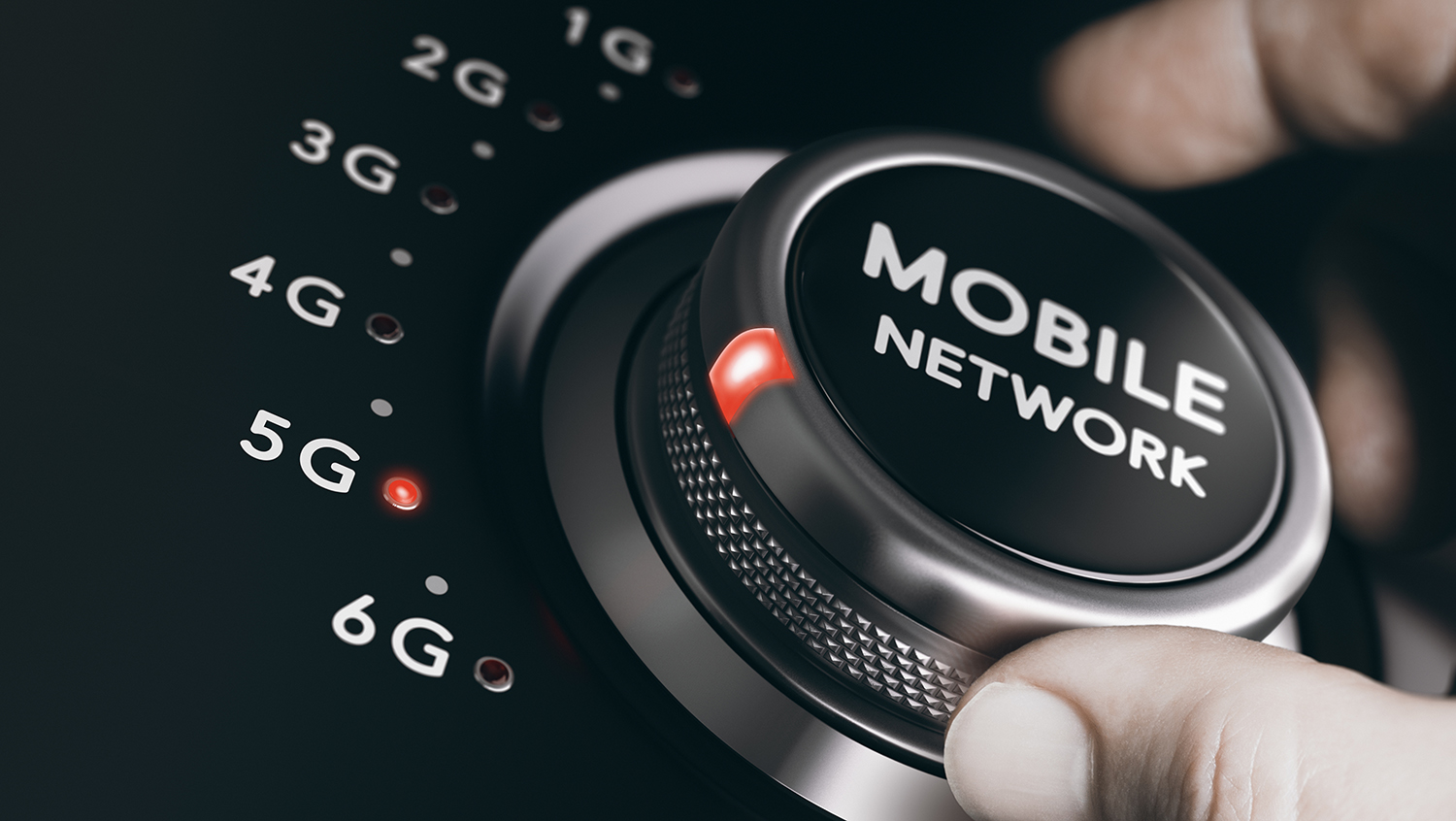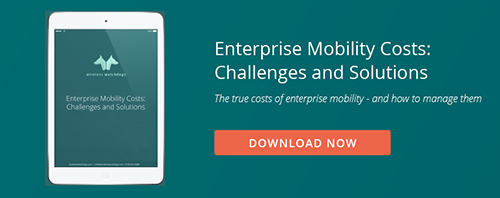Update: This article was updated in April 2020 to reflect Verizon's new 5G page.
If there’s a single topic in telecomm that stands head-and-shoulders above everything else in terms of the scope and scale with which it’s talked about -- aside from coronavirus and managing the new work-from-home paradigm, of course -- it’s the advent of 5G networks and devices. There's a good reason for that: 5G will likely be as transformative for mobility as was the advent of the smartphone. And while 5G is not yet fully implemented, that day is coming: All of the major carriers in the U.S. market have plans to deploy 5G networks in the relatively near future, with Verizon having already deployed limited 5G in parts of Chicago and Minneapolis and most major phone manufacturers poised to launch 5G-capable devices in 2019 (with the exception of Apple, which seems likely not to launch a 5G iPhone until 2020).
5G and Mobility: Harder, Better, Faster, Stronger
The primary benefit of 5G is speed -- it is far faster than existing LTE and 4G standards. And the speeds attainable on 5G make many other benefits possible: Increased throughput and reduced latency will allow huge volumes of data to be passed back and forth over the network, for example. There are also other parts aside from the speed of the 5G standard that are attractive, such as improved energy efficiency and better retention of connectivity when traveling at high speeds.
At the same time that 5G is set to come into its own, mobile device usage has continued to strengthen globally for both personal and business use. According to Ericsson’s latest mobility report, the U.S. added approximately 3 million net new mobile subscriptions in Q4 2018. Additionally, the report notes that mobile traffic grew globally at a rate of almost 88% from Q4 2017 to Q4 2018.
Increased mobile device usage, and the improved capabilities that will be offered by 5G, are good news for businesses that rely on mobility: Field workers and other remote employees with better connectivity at higher data rates will be able, to put it simply, to get more work done more efficiently. And obviously, more devices with increased usage amounts to something of a windfall for the carriers themselves.
Doing the 5G Math on Connectivity Costs
But therein lies the rub. For businesses who are footing the bill for mobility, careful mobility management is going to be required in order to keep mobile costs from skyrocketing along with usage. Verizon, for example, plans on charging an additional $10 per device for 5G connectivity, along with the requirement that 5G-connected devices be on unlimited data plans. Other carriers have not yet released their rate plans for 5G, but it’s reasonable to expect that they will be at least similar to Verizon’s. Do the math, and it’s obvious that businesses with large fleets of mobile devices could quickly take a hit: A company fielding 1,000 devices, for example, will pay an extra $10,000 a month for the privilege of 5G connectivity -- which amounts to new annual expenses of $120,000. And of course, that number also assumes that all the devices already have an unlimited data plan; if they don’t, that $120,000 in new costs will be even higher.
Further, those new costs account only for the increase in connectivity. With the rise in the number of devices deployed in business mobility initiatives, regardless of whether the new devices are utilizing 5G connectivity or not, management costs will also increase: All the new devices must be properly provisioned before they’re even shipped to the end user, for example.
IT departments are also likely to be kept even busier than they have been historically as they attempt to provide ongoing support for users who don’t know how to properly use their new devices, or can’t authenticate, or who break the device, or any of a host of other issues that will come with workers who will be increasingly reliant on mobile devices to get their work done.
Management of 5G and Mobile Device Costs is Critical
The extra costs and extra management of all the new devices, and in particular those that will be using 5G connectivity, will compel businesses to find a way to handle it all. Those businesses that don’t will quickly find gains in productivity and efficiency wiped out by the extra costs and management burdens -- all of which makes growing mobility and the benefits of 5G something of a two-edged sword.
Fortunately, managed mobility solution providers like Wireless Watchdogs can go a long way towards ensuring that businesses can realize the promises of 5G while avoiding the cost and management pitfalls. Our mobile expense management, for example, often saves our customers in the neighborhood of $15 per device, per month -- which will go a long way toward easing any extra costs from 5G. Likewise, we provide full mobile device lifecycle management, from ordering to provisioning to end-of-life -- including help desk support that takes the burden and the costs of support away from IT departments.
Feel free to request a live demo to see our platform and to talk with us about how we can help transform your mobile devices from a cost center into a cost saver -- whether you’re staying on LTE or going to 5G, we have the experience and the tools to help.
Interested in 5G mobility and business? You might also be interested in this free eBook:









